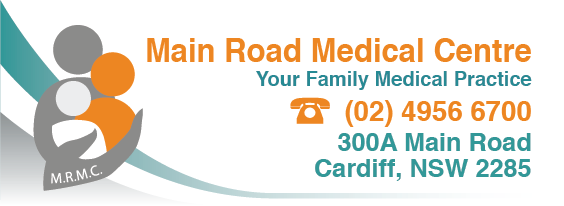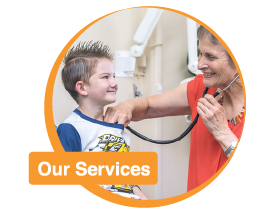Sexual health can be an awkward topic, but regardless of age and whether you’re exhibiting symptoms, if you’re sexually active you need regular check-ups. It’s potentially difficult to bring up—we understand that—but we’re professionals with experience in this area, and it’s important to identify and treat sexually transmitted infections (STIs), especially because so many are asymptomatic but can lead to long-term problems.
Yearly screenings, even if you’re asymptomatic
We’ve discovered that not many people are aware that if you’re sexually active up to the age of 30, it’s recommended that you have a yearly STI screening, which will be done at Medicare’s expense. Also, just in case you missed the vaccine during school for some reason, we can facilitate catch-up vaccinations with the HPV vaccine for cervical cancer.
This applies even to asymptomatic individuals (that is, people who don’t have any symptoms) who are sexually active. Unfortunately, a lot of STIs don’t have any symptoms but can cause significant disease and infertility if left untreated.
What to do if you have genital herpes
In a recent newspaper article, an interviewee said that they’re not doing anything in particular to manage genital herpes. In our view, this isn’t a great or healthy approach. We encourage people who have been diagnosed or are symptomatic for genital herpes to present for a review, because there are long-term prophylactic treatments to help prevent passing on the disease to other sexual partners, and for control of symptomatic outbreaks. Also, as awkward as the conversation might be, we encourage patients to let sexual partners know that they’re positive for genital herpes. It’s good sexual-health manners.
Older people get STIs too
Just because you might be older doesn’t make you immune to STIs. Cases of chlamydia have been seen in nursing homes. Realistically, it doesn’t matter where you are on the age-group spectrum—you’re still susceptible to picking up an STI. To reiterate, they often won’t have any symptoms, which means that people are unaware that they have the infection and pass it on unwittingly to future partners. The upshot is that older patients need check-ups in this department too.
Please don’t be embarrassed—we’ve heard it before
We understand that coming in for a review of your sexual health is a difficult thing to do. We can only assure patients that we’re healthcare professionals who are used to dealing with these sorts of matters, and we always take a nonjudgmental approach.
We’ve also got certificates in sexual health from New South Wales Family Planning, and have particular experience in treating patients with sexual infections.
The other side of this equation is that if someone tests positive for an STI, they may need to inform previous or current partners about the infections, and we can assist in managing that. Potentially, this contact can even occur anonymously, making the process a lot easier. For example, we can contact former or current partners on a person’s behalf or engage the Public Health Department to do it, but there are also programs and text message notifications that can be sent out through online government apps, which allow for anonymous informing. It’s a difficult conversation, which some people are fine having and others much less so. So using this type of app is a really good way to ensure that everyone’s sexual health is taken care of.














Sorry, comments are closed for this post.